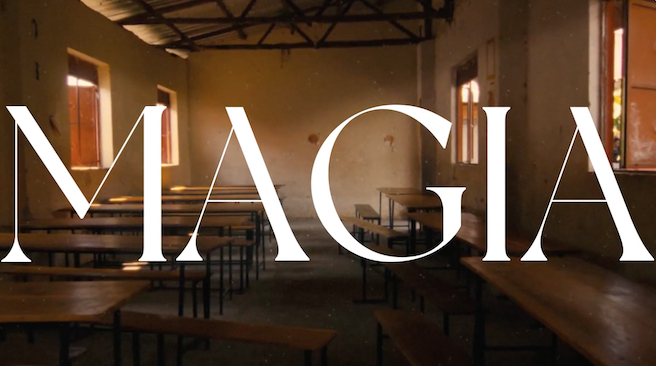“A divided government in the United States can convene” – 11/08/2022

eve midterm elections in United Stateto be held today, November 7, El País interviewed Nicolás Pose, MA in International Political Economy and Professor at Republic University (udelar), who expects that the Republicans achieve a majority in Congress does not necessarily mean that the road to Donald Trump for the presidency of the United States. It is also considered that the relations between the United States and Uruguay They will not change, regardless of the outcome of that election.
What can happen to the elections and what are their effects?
The first scenario that was most likely configured is the emergence of a divided government from the elections. It is likely that Congress, at least the House of Representatives, will remain in Republican hands, but not in the hands of the Senate, where a larger parity scenario and an uncertain outcome are seen.
The greatest effects will occur in domestic politics, to the extent that the executive branch will have the most difficulty in addressing its legislative agenda.
Externally, there may be ramifications for those policies that require legislative support to be implemented. I am thinking of economic and military aid packages for Ukraine, which will receive more scrutiny from a council with a republican majority, but there are other foreign policy initiatives that fall under the purview of the executive branch, and in this area no further expectations are to be expected.
What repercussions can election results have in Latin America?
It is not easy for this region to quantify the immediate short-term consequences. The most general impact on the region is related to US policy towards China, which affects third countries and regions. One of the few—very few—points of agreement between Democrats and Republicans today is the need to contain China’s economic rise. In this regard, the two sides exchange views, and in this sense, the continuation of US policy to Latin America is expected to indicate that there are certain levels of international relations in which the United States prefers lower relations with China. .
Is the United States likely to look a little bit at this region, regardless of the outcome of the elections, given that it has so many internal problems?
Certain indications have emerged from Latin America that the United States demands that this region have positions in line with US policy on global political issues, but in return, the United States offers little for this to happen. This was already happening within a legislative majority government, and I don’t think a potential change in the power relationship in Congress would change this scenario much. Certainly, this kind of accusations by regional leaders of the United States will continue, due to the lack of a positive agenda towards this part of the world.
Another aircraft that has been at the center of American policies is related to immigration restrictions, which affect Central America above all, and I do not expect major changes in that aircraft.
Don’t you think that if there was a Republican majority in Congress, immigration policy would be more restrictive?
Restrictive policies that are already implemented can be classified as very harsh policies. Even in the case of a Democratic majority, it would continue to be constrained in the short term.
Biden looked like he would be more flexible, but he wasn’t, right?
Yes, one can do that reading.
What scenarios do you foresee regarding Uruguay?
I can’t imagine major changes in how US-Uruguay relations are established yet. Uruguay has raised a range of issues for bilateral relations that do not align with US priorities. For example, in the Uruguayan government’s search for higher levels of commitments and rules around trade; The possibility of concluding a preferential trade agreement.
The Uruguayan government has stated that it would be interested in a Free Trade Agreement (FTA), but that was not on the priority US foreign or trade policy agenda, and I don’t think that will change.
Simplifying the issue, what is relevant to Uruguay or the region that is occurring?
It’s hard to answer, the fact is that in a polarized United States a divided scenario like the current one does not appear to be conducive to a framework of more predictable or more stable policies. A divided government complicates the possibility of governance in the United States and, as a general concept, does not bode well for further drivers of economic recovery in that country, but it does add uncertainty. We will have to see the outcome and how these issues develop.
As for international relations, there are a range of issues on the agenda that have little to do with Congress, but there are other issues that could affect the region.
for example?
New permits for US debt ceiling increases may not be approved, or delayed. This could generate economic uncertainty in the short term, and negative externalities in the region due to side effects.
Already in the past, Congress cost the government a lot to approve these debt increases, if it didn’t have a majority. This even caused the US government to stop working for a few days until these agreements were agreed upon.
One point I would like to highlight is the difficulty of projecting in the face of the systemic factors driven by a two-year change in the power relationship in Congress.
If Republicans win a majority in Congress, do you think Donald Trump’s path to the presidency will be smooth?
not necessarily. We’ve had different groups, split conferences, majorities and minorities, different dynamics of change and continuity in the parties, and the results have been varied. The two phenomena (the majority in Congress and the results of the presidential election) are not necessarily related.

“Award-winning zombie scholar. Music practitioner. Food expert. Troublemaker.”









